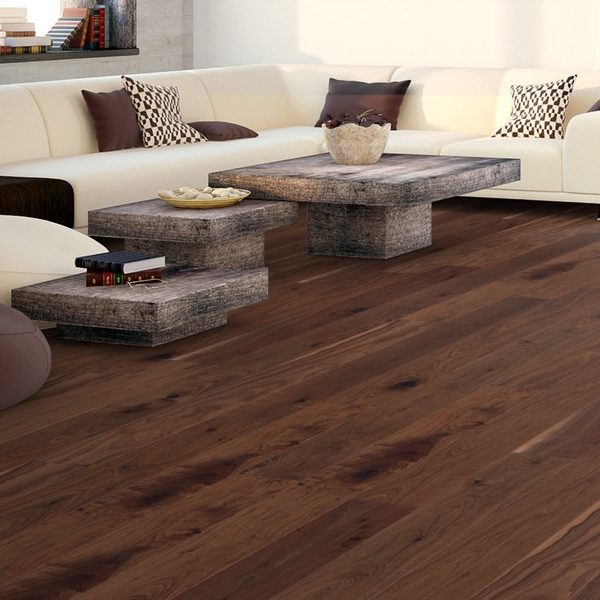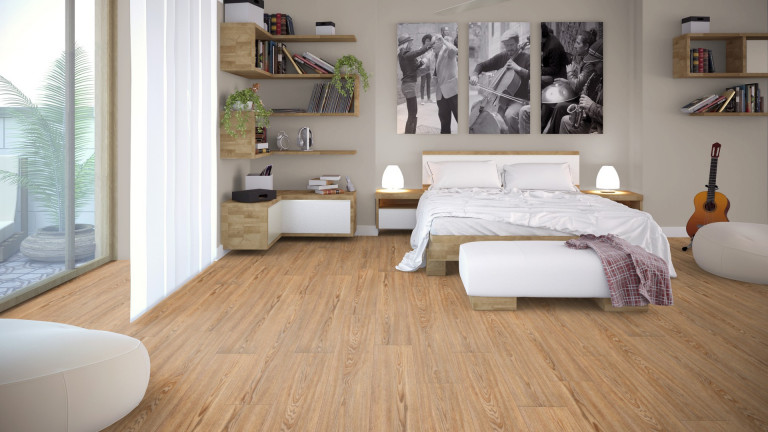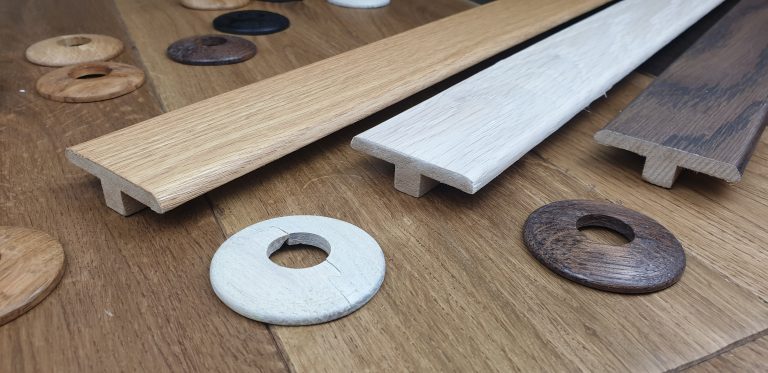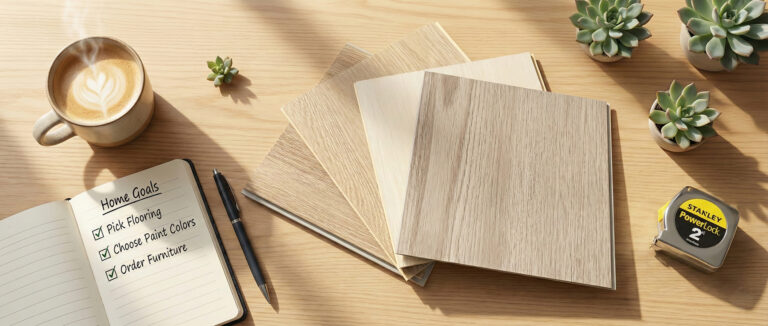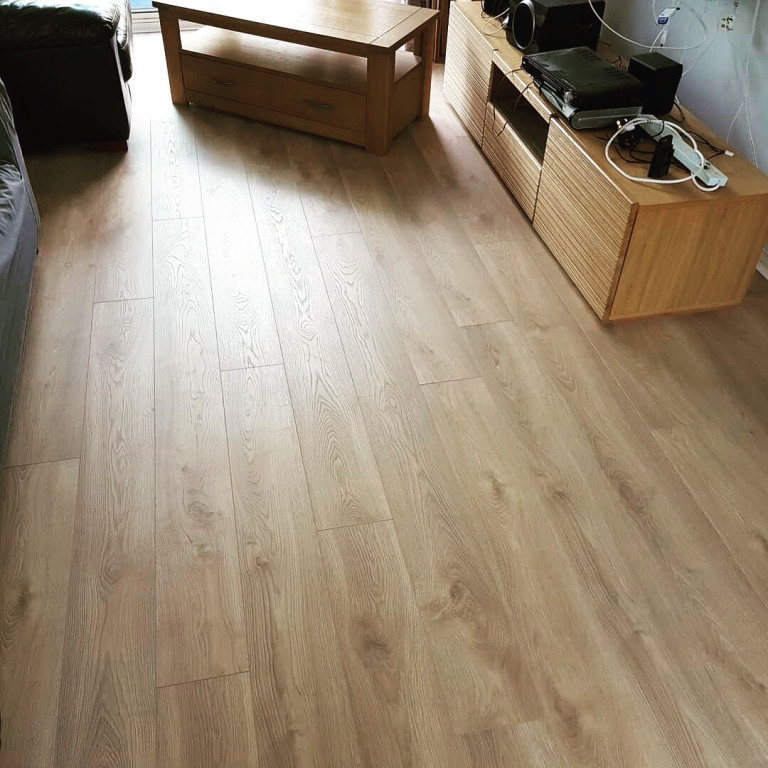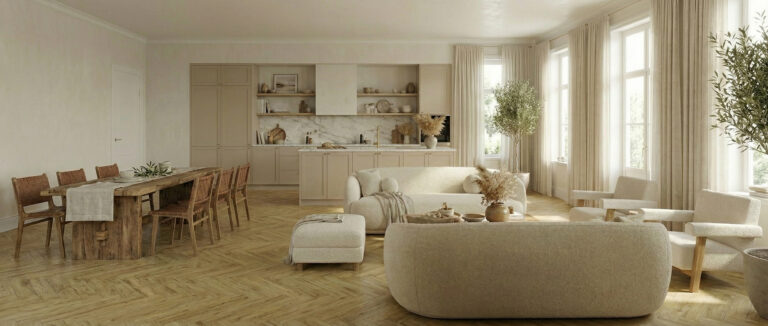When choosing new flooring, you want something appealing to the eye, easy to maintain, and durable. Both vinyl and linoleum are two types of resilient flooring that tick all three boxes. While many think linoleum is old school – since it’s been around for almost two centuries! – it has made a resurgence. While many people believe vinyl and linoleum are the same, there are significant differences between the two.
Similar Beginnings, Different Uses
Vinyl flooring has been around since 1920. However, its true emergence was in the 60s when it became a more affordable upgrade from linoleum. Households upgraded to vinyl flooring, which offered more colours and patterns. Today, the more natural way in which Linoleum flooring is produced has started to see an uptake in its popularity.
Linoleum was a flooring staple for years. Known for its durability and water resistance, its use in bathrooms, kitchens, and basements was a constant. In addition, Linoleum’s durability made it perfect for commercial uses in hospitals and schools. Today’s linoleum continues to be durable but does not offer the same variety of design options as vinyl due to it not having photographic design layer.
Effects on the Environment
The use of linseed oil (a significant component), pine rosin, wood flour, and cork dust make linoleum a naturally sustainable flooring. Being environmentally friendly is what separates linoleum and vinyl flooring. In addition, linoleum’s natural materials make it hypoallergenic and antimicrobial. It is also naturally static-resistant.
Vinyl flooring produces PVC plastic, vinyl phthalate plasticizers, and other chemicals. A large amount of energy and petroleum is required to produce vinyl, which doesn’t make it the most environmentally friendly of products.
Durability and Design
Vinyl flooring is mould, mildew, and moisture resistant. You don’t have to wax or seal vinyl due to its durable protective layer. Clean-up is as easy as a mop and broom. You can use most household cleaners on vinyl flooring without compromising the colour and finish. In addition, vinyl flooring is harder than linoleum and doesn’t scratch and dent as easily.
The designs in vinyl flooring lie on a layer of PVC with a clear layer covering them, meaning there are endless options of colours and patterns which can be printed on this layer. The top design layer can wear over time, however, some engineered vinyls are so durable and long-lasting that they come with lifetime residential guarantees.
Linoleum is a dense, colourfast material with no actual printed design other than taking its look from the materials with which it’s made. Unfortunately, linoleum does yellow over time, however, it does takes quite a long time for this to happen. In addition, the softness of the linoleum makes it susceptible to warping and scratches.
After installation, you need to seal linoleum. It requires sealing sporadically. It is easy to clean with a vacuum, broom, and mop. High Ph cleaners are not recommended, but you can wax the floor periodically and protect it from cleaning products. Similar to linoleum, vinyl is also very easy to clean. A simple brush or mop with small amounts of floor cleaner will do the job.
Water and Heat Tolerance
A waterproof core keeps mould and water from permeating vinly flooring, making it a very versatile product in basements and damp environments such as kitchens and bathrooms. When installing sheet vinyl flooring for example, its one-piece design keeps out moisture that may seep in. This makes it even more water-resistant.
Despite being waterproof, linoleum is susceptible to moisture and needs sealing to keep liquid from seeping into the flooring. Sheet linoleum does not tolerate moisture or extreme humidity as well as vinyl, and can curl up at the edges. Flooding can ruin linoleum for the same reasons.
Of the two materials, linoleum is more heat resistant. Hot items dropped on linoleum will not melt it, though prolonged exposure to extreme heat can damage it. Linoleum doesn’t usually burn in a fire and never gives off toxic fumes.
Installing the Flooring
Sheet linoleum is challenging to instal. It requires precise measurements to cut around objects such as sinks and toilets. It is easiest to cut with a linoleum knife. You need to weld the seams to avoid moisture damage, and they should be bonded to the floor with glue. Sheet linoleum is best installed by a professional. While many say you don’t need an underlay with linoleum, it will improve the moisture barrier, especially in a basement or cement surface. A flat smooth surface gives the best appearance to a linoleum floor.
Linoleum planks and tiles are easier to instal than sheet linoleum. No glue is needed to lay these as they are “click lock” and simple for any DIYer. Once you install the underlay, the tiles and planks float on the subfloor.
The best type of vinyl comes with a click lock system which does not need to be glued to the floor, making it easier to install. But it still requires precise cutting and measuring for a professional look. In addition, some vinyl flooring sheets still need gluing and seam joining but are affordable enough to allow for professional installation.
Both vinyl flooring and linoleum comes in planks and tiles. While both may require adhesive, some come as a peel and stick option and others with click and lock. Sheet vinyl is more affordable with click lock vinyl planks and tiles coming in higher than that. Of course, the better the design and quality, the more you will pay. Good-quality vinyl flooring can last up to a lifetime in residential premises and between 20-30 years in commercial settings.
While still being affordable, linoleum is the more expensive of the two. Linoleum maintains its design for 20 to 40 years, lasting just as long as vinyl. Using the proper cleaners will help avoid the yellowing linoleum is known for.
Flooring that’s within your budget and best fits your needs is your best flooring option. Be assured that there is a durable, waterproof flooring solution in vinyl flooring or linoleum, whatever your choice is.

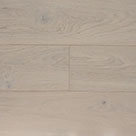 Light
Light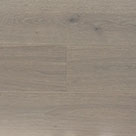 Grey
Grey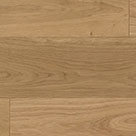 Natural
Natural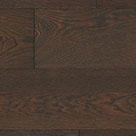 Dark
Dark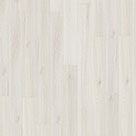 White
White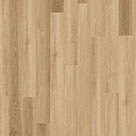 Light
Light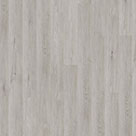 Grey
Grey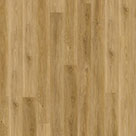 Natural
Natural Dark
Dark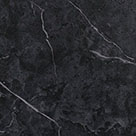 Black
Black